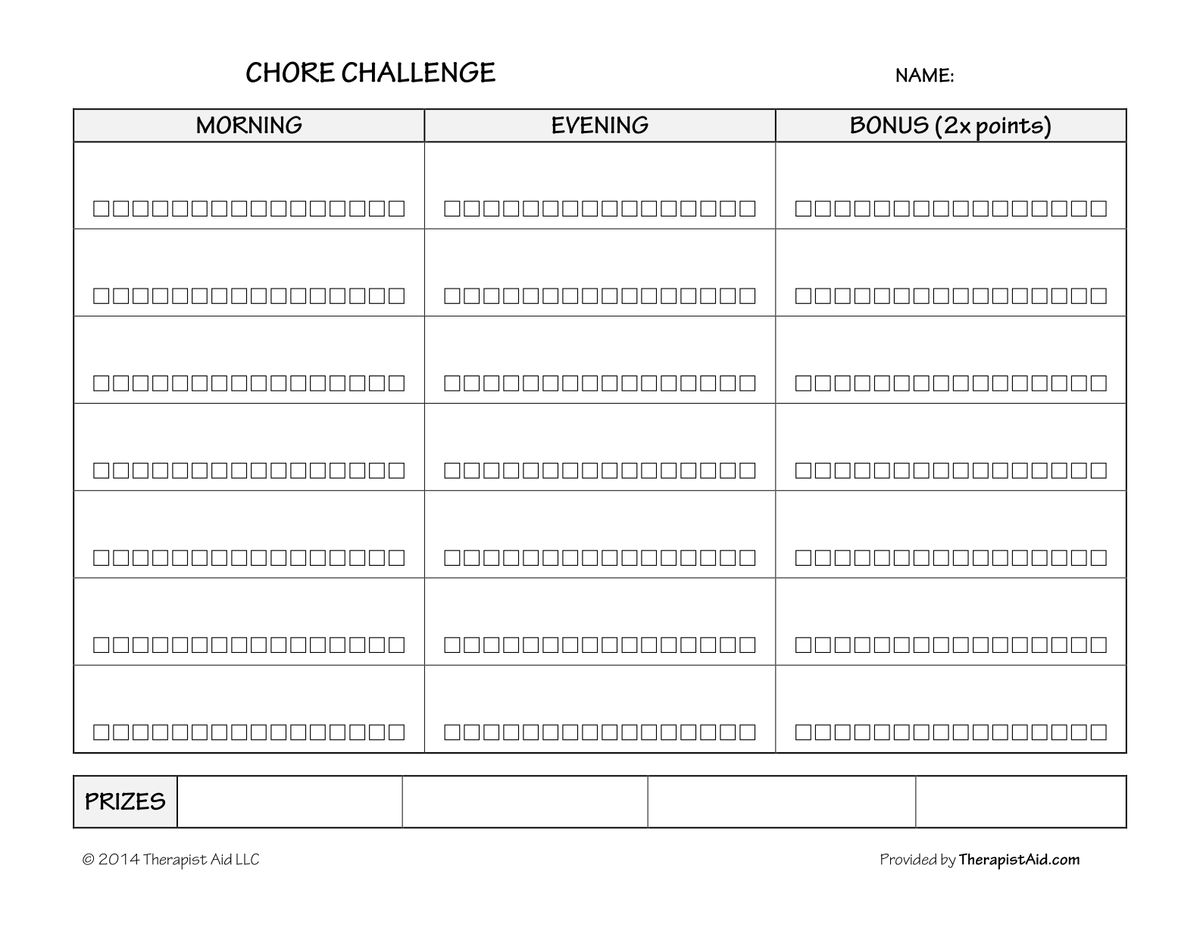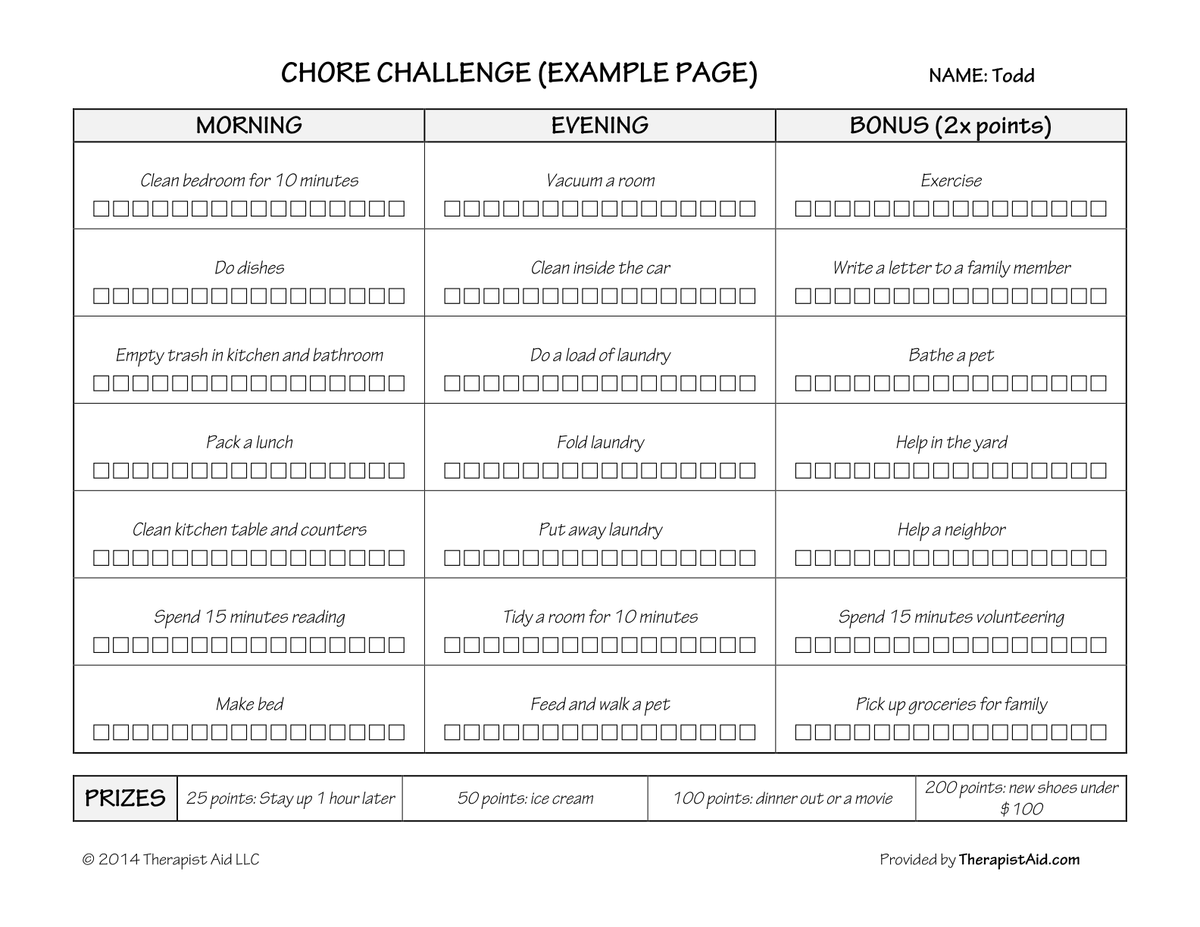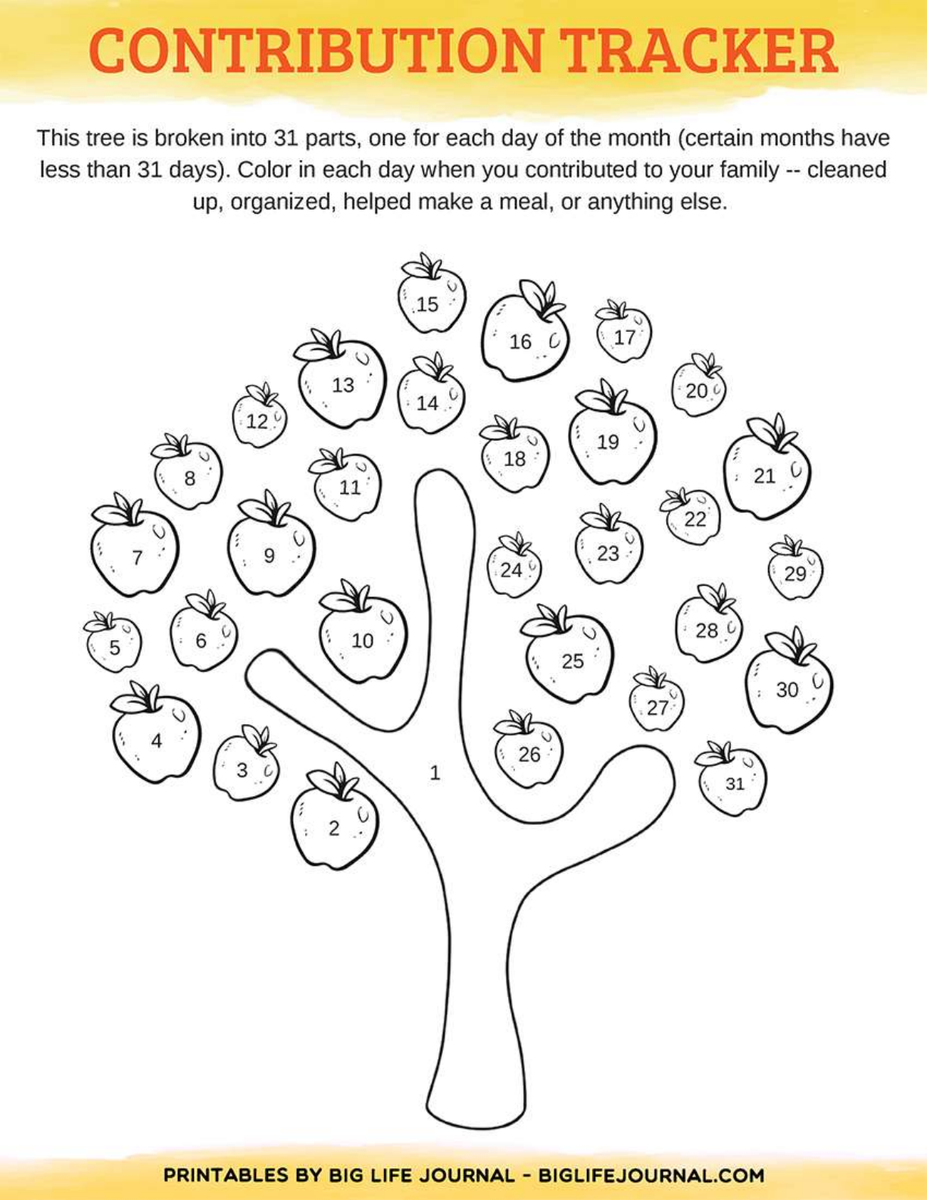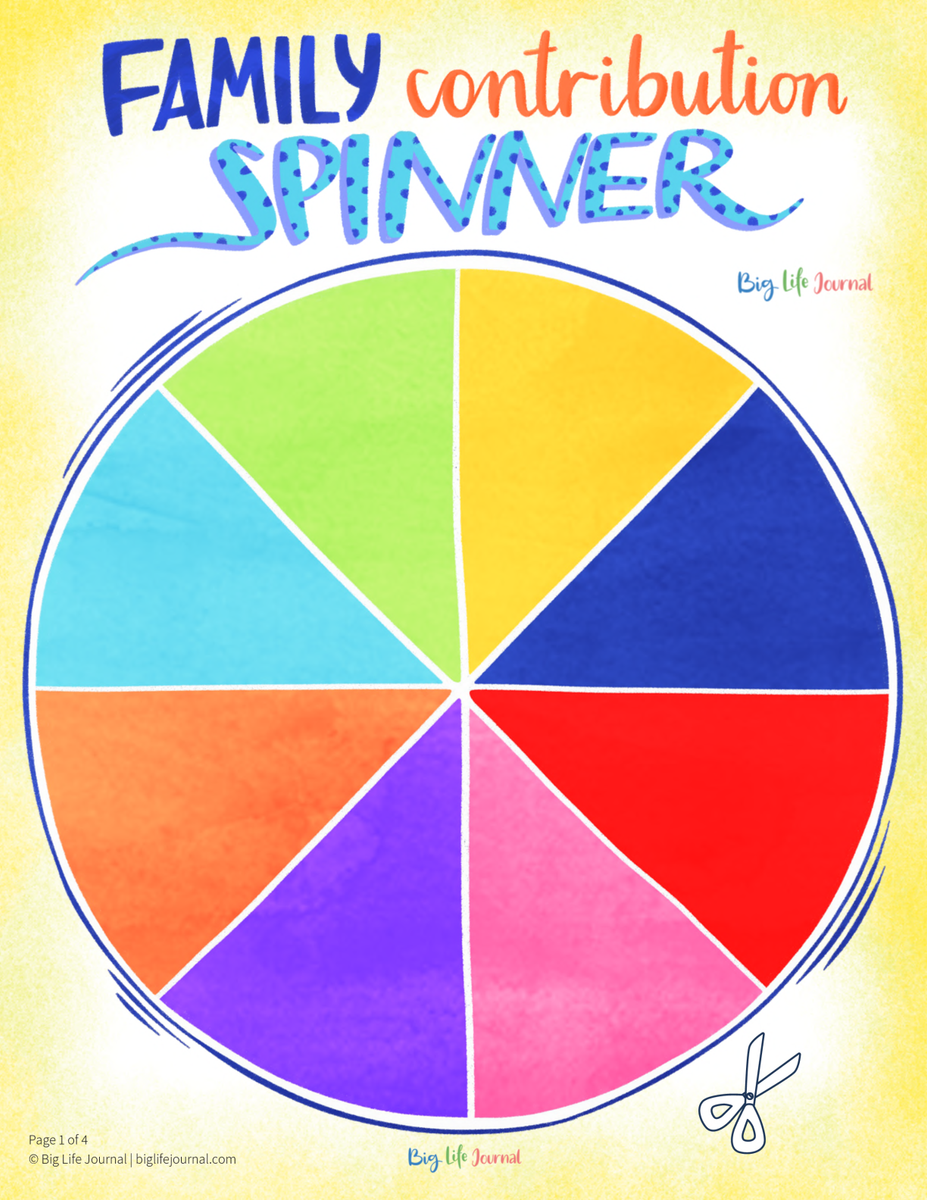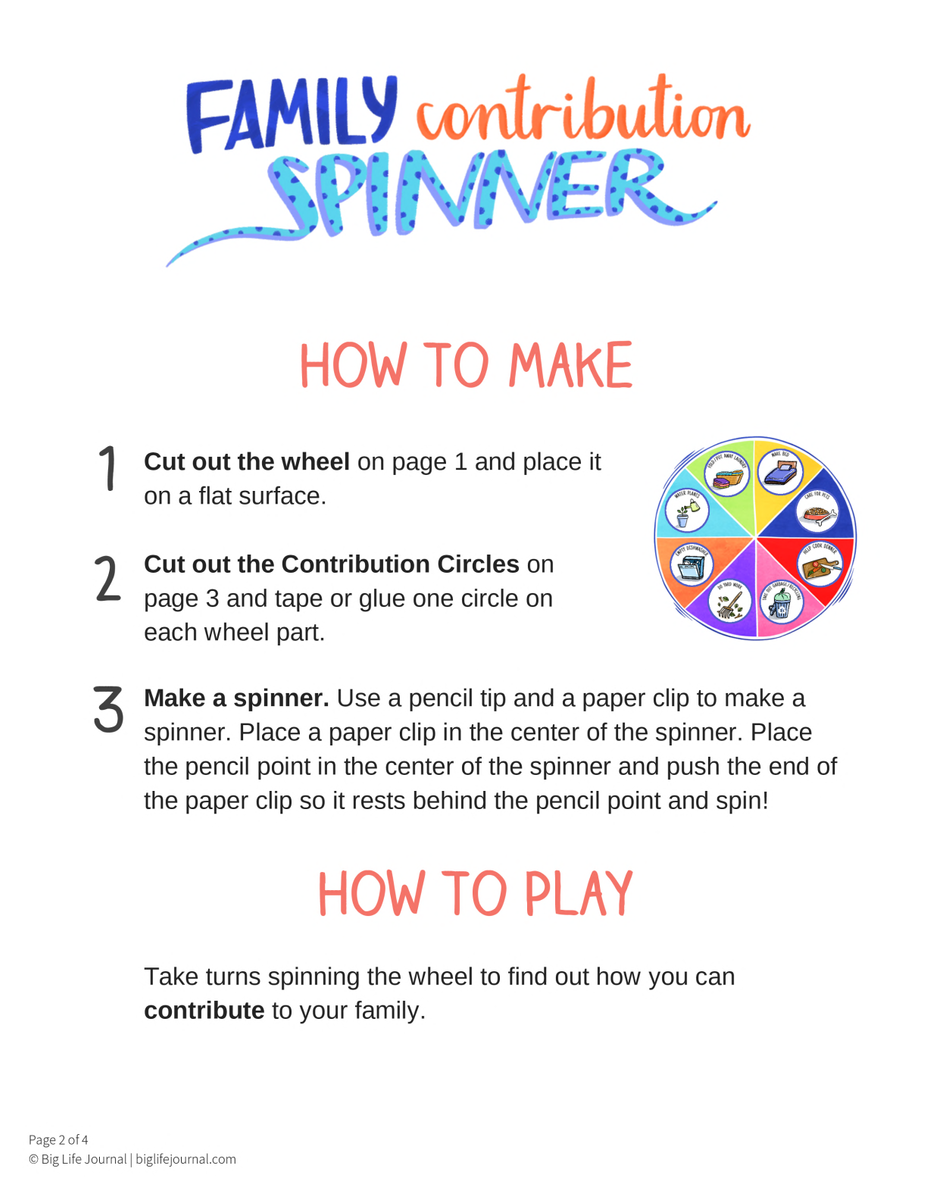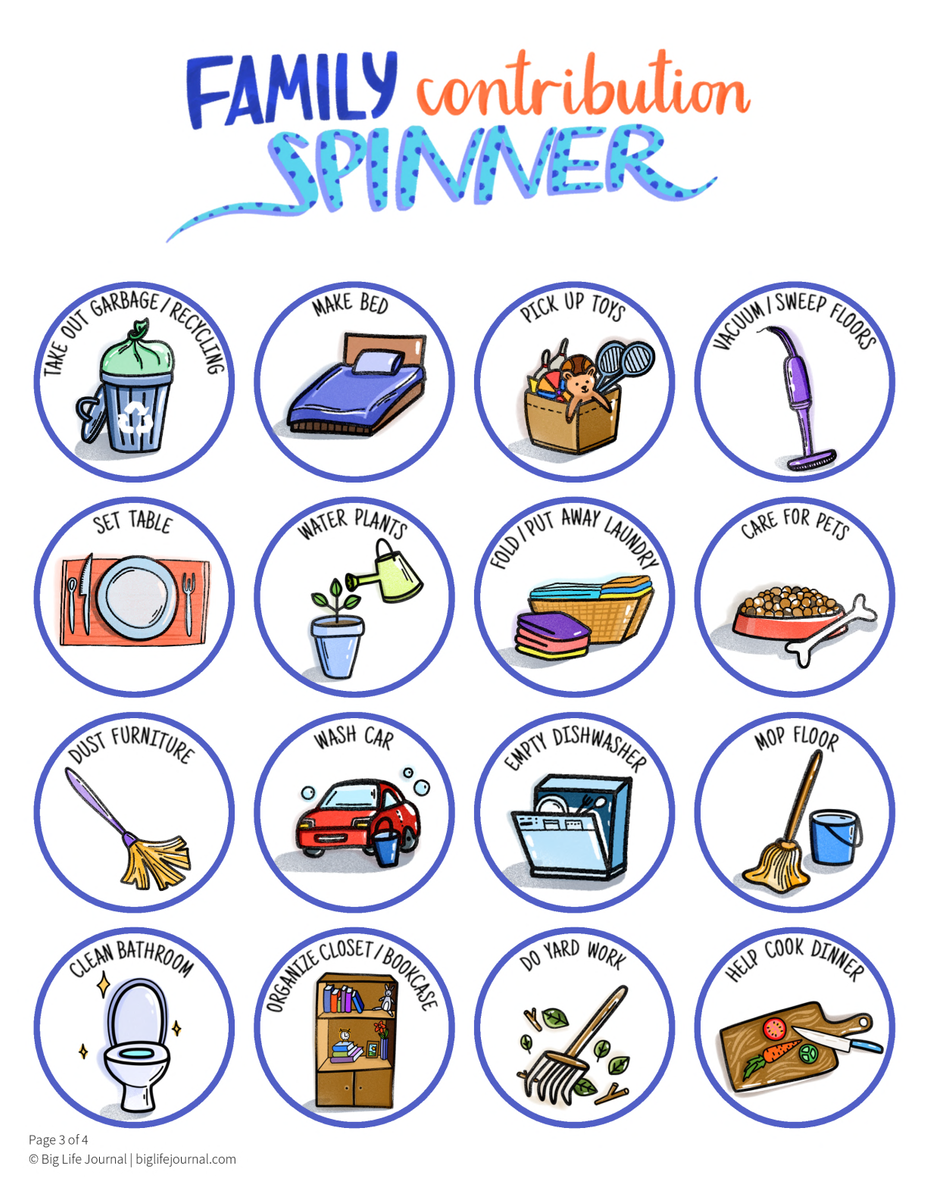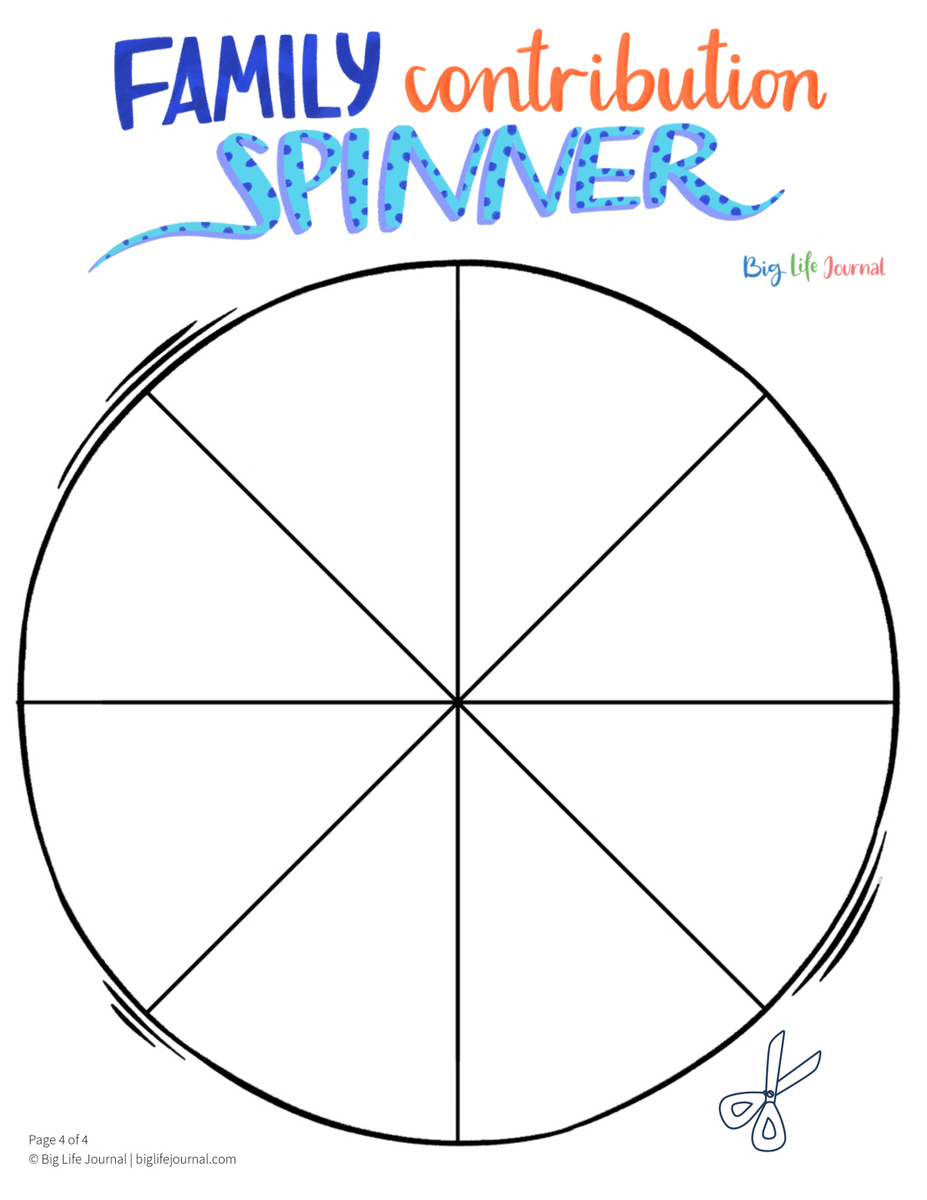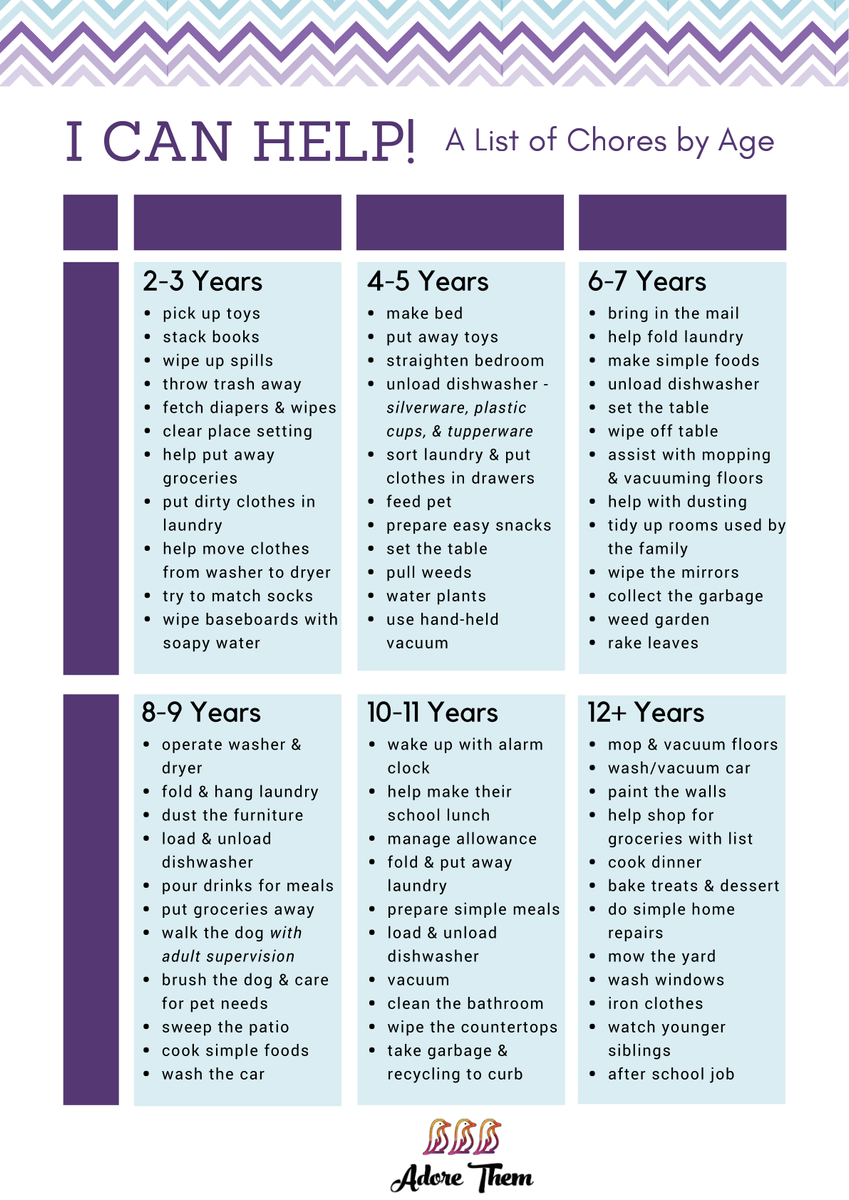School Counselling Corner

A Message from the School Counsellor
Contributing at Home
Did you know that children who do chores around the house have higher self-esteem, are more responsible, can better delay gratification, deal with frustration, are better-adjusted, have healthier relationships and are more successful in their careers?
Marty Rossmann, (Emeritus Associate Professor of Family Education, U.Minnesota) researched data from25 years of research and found that “the best predictor of adults’ success in their mid-20’s was that they participated in household tasks when they were three or four” (2002).
Here are some reasons why doing chores is beneficial for children:
Self-esteem
If your children are considered too busy with schoolwork or sports to do chores, you are sending the message that their academic or athletic skills are what matters most. When they subsequently blow a test or miss a winning shot, then they have failed at what you deem to be most important. In comparison, a household job is quick and achievable. I took out the stinky garbage. I’m a good helper. I know how to heat pasta and add sauce and cheese. Hey, I can cook!
Grit, organisational and life skills
Doing chores helps children learn organisational skills, delay gratification and to function independently in the outside world. If I hang out the washing in the morning, then my uniform will be dry in time for school tomorrow. Now I’ve emptied the dishwasher, I can relax instead of getting nagged by Dad. Sweeping the garden was a bit boring, but I put music on and I got it done.
Connection
Doing chores gives a child the opportunity to giveback to their parents and feel connected to the family. They start to see themselves as givers, not just takers.I hate cleaning the shower, so Mum does that, she hates vacuuming but I’m really good at it (I call it“mowing the carpet”). Dad does the toilets (yuck!) Ifeel proud when our house looks and smells clean.
But it’s more work for me
Doing chores willingly requires mature judgment, less impulsivity, and awareness of others’ perspectives and needs. Children are not born with these qualities, so they become pros at procrastination, excuses, resistance and refusal. Supporting your children to do chores is therefore part of your job as a parent to help develop them qualities. Try a chart/visual on the fridge that everyone can tick off each week. (see attached Link for options) Kids may need you to help them complete the chore a few times together, and when they are struggling you can say “It seems like you are having trouble getting started, how can I help you?” Reframe TIP: don’t call them chores, try “responsibilities”, “ways to be helpful” or “family contributions”. Don’t forget to offer praise and encouragement: “you set the table so we could all eat a meal together, that was so helpful, thank you!”.
Assigning Chores
If your kids don’t do chores yet, it’s not too late. Take some time to think about what tasks you need help with, what life skills your children need to learn, and what are each child’s abilities (even toddlers can pack away toys for example). Think about all the chores required in a month- what contribution would you like from your child- daily, weekly, monthly? Have a family meeting, ask for input, give them choices, discuss the issue, make plans, review. Decide whether you want to tie pocket money or privileges to chore completion.
Children may not thank you in the short term forgiving them chores. The goal is not to make your children happy; it is to teach them skills and a sense of responsibility that will last a lifetime. I have put something together about how kids can contribute at home, and the benefits of chores.
Warm regards,
Georgina
